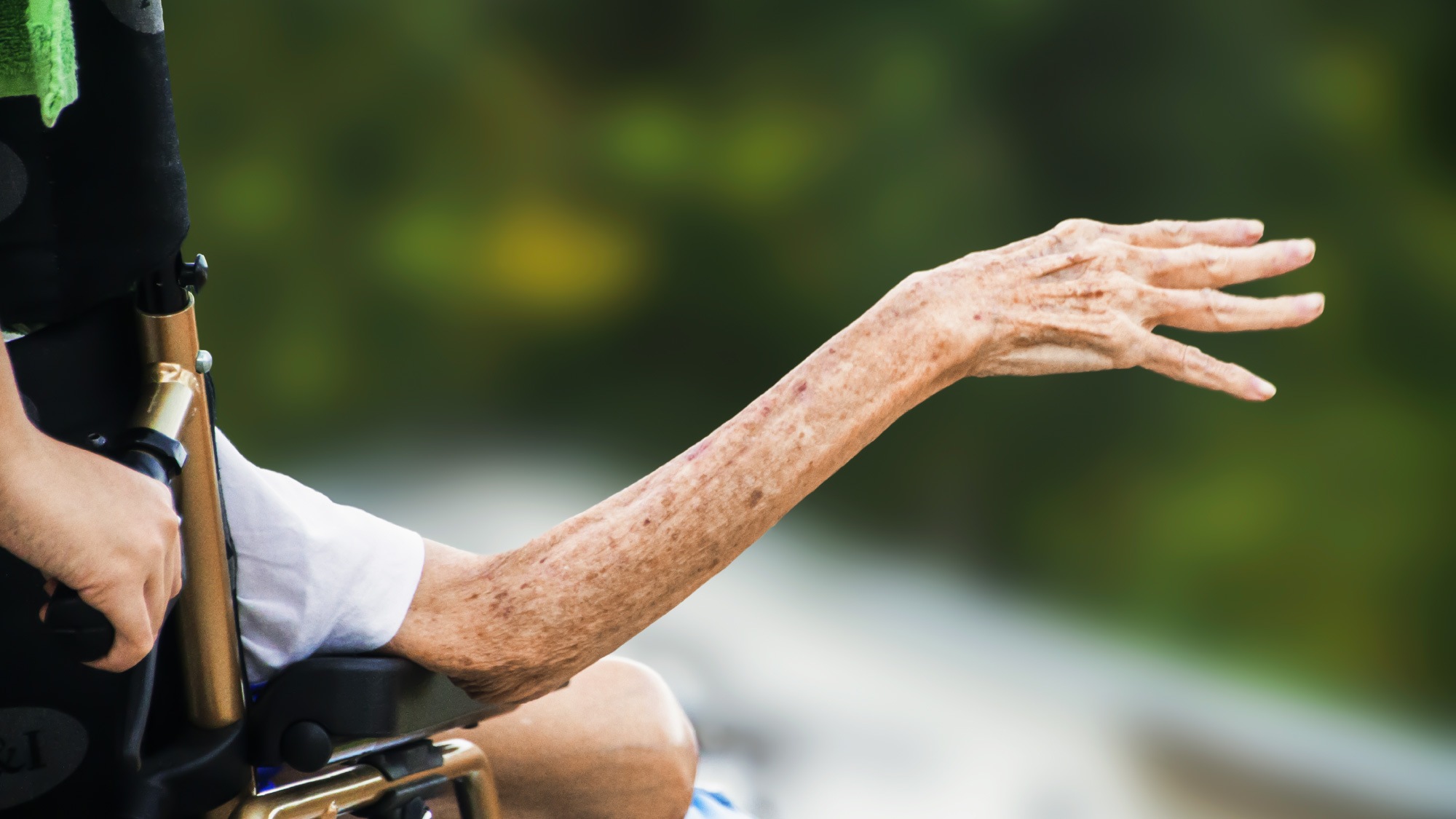A Duty of Care
By Associate Professor Jacqueline Chin,
Centre for Biomedical Ethics
The discipline of bioethics can contribute actively to strengthening systems of care in our society, by engaging questions about what is owed to people growing old in Singapore and those who care for them. Supported by a gift from the Lien Foundation, a team from the Centre for Biomedical Ethics, The Hastings Center in New York and the Oxford Ethox Centre has researched and authored 10 new case studies on Caring for Older People in an Ageing Society. These will be added to an expanded 2nd volume of the free and open-access Bioethics Casebook (www. bioethiccasebook.sg), a teaching and learning resource for peer-to-peer education in healthcare ethics. The new collection reaches out to healthcare and social care professionals in the community working integrally with hospital doctors, nurses, and allied health professionals.
One of the case studies considers what is owed to caregivers of persons with impaired mental health. In Singapore, where mental illness — much like disability — is still considered a personal or family tragedy instead of an issue requiring societal intervention, caregivers of psychiatric patients find themselves conscripted into a life of ‘endless caregiving’ with inadequate social support (Wong et al, 2015). In the case, elderly Mrs Kumar’s hope of living just a day more than her son Rajeev reminds us how closely bound these two lives are, and how failing to ensure family-centred care for both patient and family caregivers can lead to both parties suffering harm. Mrs Kumar’s failing health (she has just started dialysis) and exhaustion from the daily burden of caregiving threaten to incapacitate her completely. In that event, Rajeev’s life and future are in danger of neglect. His well sibling, Amrita, also faces much uncertainty about what she would do for both her mother and brother.
Do health and social care professionals have obligations towards family members who are caregivers to their patients or clients? Social care professionals have fewer difficulties than healthcare professionals in recognising obligations to family members due to differences in the type of training they receive. This suggests that peer-to-peer education will be helpful in multi-disciplinary teams providing holistic care to patients and families.
Family-centred care addresses in practical terms the involvement of family members by explaining how they could support their loved one’s participation in decisions, establish
care routines, and keep a good balance between a loved one’s safety and well-being. This type of care includes assessing the caregivers’ health and well-being, and making referrals for caregiver health needs and resources for family support. It would also attend to the capacity of individuals at home to provide ongoing care to the patient. For instance, a family-centred service would provide guidance to well siblings and other family members like Rajeev’s sister Amrita, and his Aunt Madhu, about various ways to support Mrs Kumar and Rajeev.
Gitlin and Hodgeson (2016) note that healthcare professionals also face system barriers to family-centred care because health records are focused on information about patients and not much about caregivers. Healthcare reimbursements structures do not compensate doctors for taking additional time to assess a caregiver’s health status and fitness to give care.
At the centre of this debate about caring for older people is the understanding of caring itself. The founding president of The Hastings Center, Daniel Callahan, declared that all people need care. We need care not only at the emotional level (respect, appreciation, humour, and the like), but also the cognitive level: we need those who care for our ways of thinking and how we frame our course of life. We need care at the level of our values, those who have an appreciation for the things that we cherish. Individuals also see relationships with others in different ways, and being observant and sensitive to how someone interacts with different people is an aspect of caring.
As Callahan cautions, caring can be misplaced, and where a person might fall “within a spectrum of possible relationships” with a care recipient is important if the caregiver’s work is to succeed in establishing a “healing, or helping, or consoling, or affectionate bond”. As a society, what we owe to people growing old in Singapore and those who care for them, is care.
The 2nd Edition of the Singapore Bioethics Casebook was developed in consultation with over 180 health care and social care professionals from 40 organisations serving the health care and rehabilitation, home- and day-care, residential and social care needs of people growing old in Singapore, and was launched on May 24.

References
1. Gitlin, L.N. and Hodgson, N.A. (2016). ‘Who should address the needs of the care for a dementia patient’s caregivers?’ AMA Journal of Ethics, December, 18, 12: 1171-1181.
2. Wong, R. and Ee, W. M. (2015), ‘Social Impact of Policies for the Disabled in Singapore’, In 50 Years of Social Issues in Singapore, 147-166
